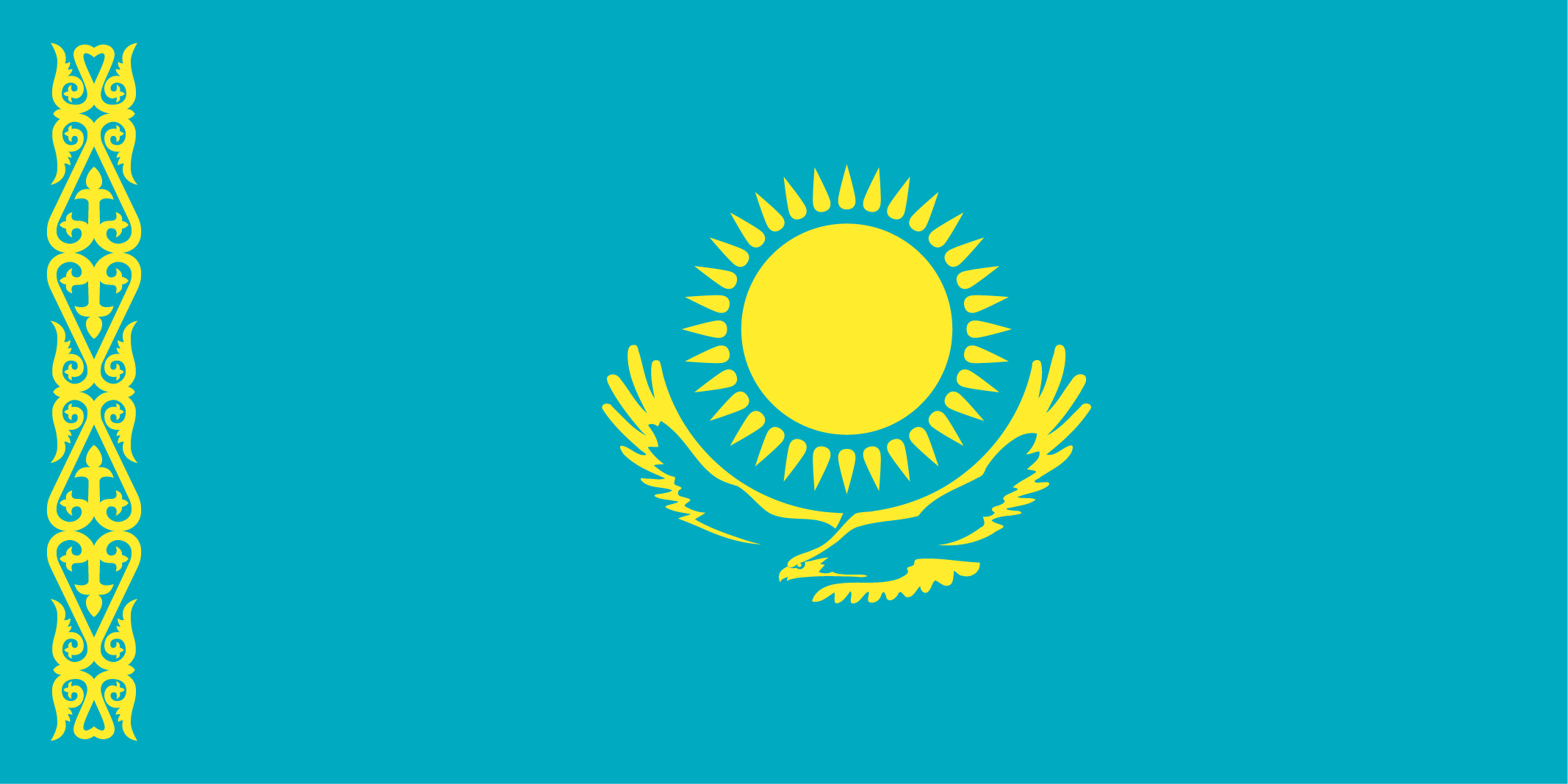Transporting the Deceased to Georgia: Everything You Need to Know
The loss of a loved one is always accompanied by great sorrow and stress. If death occurs outside the homeland, relatives face a challenging task — organizing the transportation of the deceased's body back home. In this article, we will explain how to properly arrange transportation of the deceased to Georgia, including the choice of transport, documentation, and the role of funeral agencies in the process.
The Meaning of the Term "Cargo 200"
The term "Cargo 200" was first used in the context of transporting the bodies of servicemen who died in the line of duty. However, today this term also applies to civilian cases, including the repatriation of the deceased. Transporting a body to Georgia, like to other countries, requires a careful approach and compliance with numerous procedures.
Given the specifics of international transport, it is important to organize the transportation correctly, adhering to all legal and sanitary regulations. Specialized funeral agencies assist in arranging this process, relieving relatives of unnecessary worries during such a difficult time.
Why Transporting the Deceased Requires a Special Approach
Long-distance transportation of the deceased involves a number of organizational and legal challenges. Every step must be carefully planned: selecting reliable transport, complying with border crossing requirements, and preparing a complete set of documents. Safe and timely transportation is only possible with strict adherence to all stages — from embalming procedures to obtaining official permits.
Methods of Transportation
There are several ways to deliver the body of the deceased to Georgia. Depending on the circumstances, the most suitable method of transportation can be chosen.
Air Transport: Benefits and Process
The fastest and most efficient method is air transportation. It is suitable for long-distance repatriation and is often used to transport the body from other countries to Georgia. The body must be placed in a zinc container, which prevents decomposition and preserves the body until it reaches its destination.
The process includes cargo registration, documentation at the airport, and transporting the body in the airplane's cargo hold. It is important that all documents are prepared in advance to avoid delays at customs.
Road Transport: When It Is Used
If the distance is up to 2000 km, road transport may be the optimal solution. In this case, the body is placed in a sealed zinc coffin, which is delivered directly to the burial site. This method takes longer than air transport but is widely used for short and medium distances due to its affordability and ease of organization.
Rail Transport: Features and Limitations
Transporting the deceased by rail is possible but comes with several limitations. Usually, the body is placed in a special container and transported in a freight car. This method is often used for transport within a single country or neighboring states but takes longer than air transportation.
Document Preparation for Transportation
International transportation of a deceased person starts with proper documentation. The speed and smoothness of border crossing and the overall route depend on the accuracy and completeness of certificates, permits, and authorizations.
List of Required Documents
- Official death certificate;
- Sanitary service certificate confirming no infections;
- Certificate confirming the absence of foreign objects in the coffin;
- Embalming documents (if required);
- Permit for body export;
- Certificate of zinc container sealing.
Translation Requirements for Different Languages
For international transport, all documents must be translated into the official languages of the destination countries. For example, for transport to Georgia, documents must be translated into Georgian, including the death certificate and other official papers.
The Role of Funeral Agencies in Document Preparation
Funeral agencies assist not only with transportation but also with preparing all the necessary documents. Their specialists understand all the nuances of documentation and ensure that everything is prepared correctly, minimizing the risk of border delays.
How to Choose a Method of Transportation
Selection Criteria: Distance, Cost, Urgency
When choosing a transportation method, several factors must be considered:
- Distance between the departure and destination points;
- Transportation budget;
- Urgency of delivery.
Pros and Cons of Different Delivery Methods
Air transport is the fastest method but can be more expensive. Road transport is more economical but takes longer. Rail transport is suitable for less urgent cases, though its use is limited by transportation conditions.
What You Need to Know About the Zinc Container
The zinc container is a mandatory element when transporting the body of the deceased. It ensures airtightness, prevents decomposition, and meets sanitary requirements.
Preparing the Body and Coffin for Transportation
Before departure, the body must undergo embalming (if required), and the coffin must be sealed. These steps are necessary to comply with sanitary standards and to pass customs successfully.
Cross-Border Transportation Process
The process of transporting a body across an international border includes several important stages, such as customs clearance and document verification.
Customs Procedures
Customs authorities check the documents authorizing the export of the body.
How to Prepare for Border Crossing
To cross the border successfully, it is important to clarify the requirements of border control authorities in advance, prepare all necessary certificates, and ensure that all documents are translated into the appropriate languages.
Costs and Price-Influencing Factors
How the Cost Is Calculated
The cost of transportation includes transport services, document preparation, embalming (if required), and other services such as airport reception and delivery to the burial site.
Additional Services That May Be Included
Some funeral agencies offer additional services such as organizing a memorial meal, preparing the burial site, and assisting with funeral arrangements.
The Role of Funeral Agencies in Transportation
Funeral agencies play a vital role in organizing body transportation. They handle not only the transportation itself but also the full range of tasks — from document preparation to compliance with all sanitary and legal requirements, ensuring accuracy and reliability at every stage.
Benefits of Working with Professionals
Turning to professionals helps avoid many difficulties and stresses associated with organizing transportation. Specialists ensure timeliness and correctness at every stage of the process.
Conclusion
Organizing transportation of the deceased to Georgia is a responsible and complex task that requires a professional approach. Choosing the right method of transportation, complying with all legal standards, and thoroughly preparing documents will ensure smooth and efficient execution. Entrust this task to professionals to ensure the process goes smoothly and without unnecessary worries.



















































